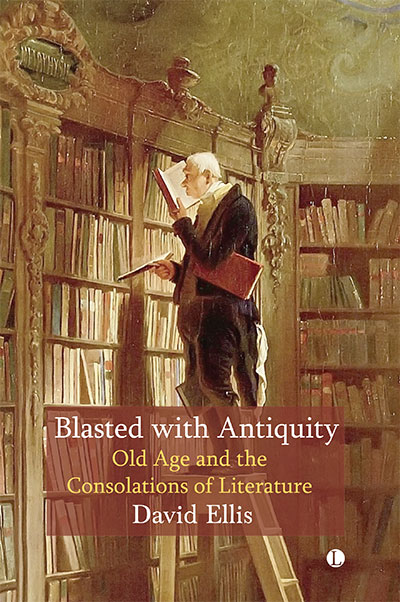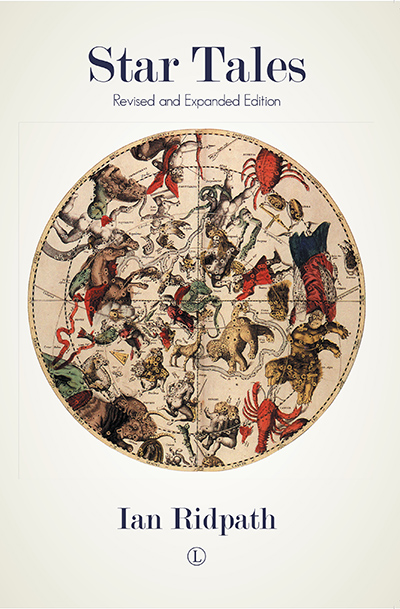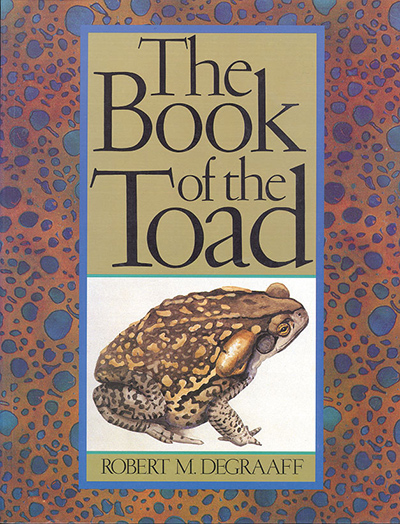Description
Given the increasing number of old people, the proliferation of books about old age is hardly surprising. Most of these come from cultural historians or social scientists and, when those with a literary background have tackled the subject, they have largely done so through what are known as period studies. In Blasted with Antiquity, David Ellis provides an alternative. Skipping nimbly from Cicero to Shakespeare, and from Wordsworth to Dickens and beyond, he discusses various aspects of old age with the help of writers across European history who have usually been regarded as worth listening to.
Eschewing extended literary analyses, Ellis addresses retirement, physical decay, sex in old age, the importance of family, legacy, wills and nostalgia, as well of course as dying itself. While remaining alert to current trends, his approach is consciously that of the old way of teaching English rather than the new. Whether ‘blasted with antiquity’ like Falstaff in Henry IV Part Two, or with the ‘shining morning face’ of an unwilling student, his accessible and witty style will appeal to young and old alike.
About the Author
David Ellis is Emeritus Professor of English Literature at the University of Kent and has published around twenty books on Shakespeare, leading figures of the Romantic era, and D.H. Lawrence. In 2012 he received the Harry T. Moore Award for distinguished services to D.H. Lawrence studies.
Contents
List of Illustrations
Note on Referencing
1. Introduction
2. Retirement
3. Ageing, Decrepitude and the Wisdom of the Elders
4. Self-consciousness and Sex
5. Family Matters
6. Leaving One’s Mark
7. Will Power
8. Nostalgia
9. Taking Stock
10. Doctoring and Dying
11. Ending Up
12. Postscript: On ‘the Stages of Life’
List of Works Cited
Acknowledgements
Index
Endorsements and Reviews
Among the many joys of this inspiringly high-spirited heart-to-heart with the literature of ageing, is the zest with which it seizes the opportunity of age to read again for pleasure, the better to enjoy what’s left of life, or the better to endure it. If getting old has consolations, David Ellis’s engrossing conversations with works we are strangers to, or thought we knew but didn’t, is one of them. Howard Jacobson, novelist and essayist
Blasted With Antiquity is a full-throated celebration of the literary imagination, and of how books and reading – those cherished, old-fashioned tools – provide us with rich aids to thought about age and aging. Professor Andrea Charise, University of Toronto, author of The Aesthetics of Senescence: Aging, Population, and the Nineteenth-Century British Novel
Witty, insightful, and ambitious, Blasted with Antiquity reflects on ageing and old age across the Western literary canon. Organized around themes such as retirement, nostalgia and self-consciousness and sex, Ellis’s book is a delight to read – a significant publication for scholars in literary age studies and an accessible volume for anyone interested in literary representations of growing older. Dr Jacob Jewusiak, Newcastle University, author of Aging, Duration, and the English Novel
David Ellis’s wit, honesty, humanity, learning lightly worn, and relish for dark humour make Blasted with Antiquity a pleasure to read. His approach to aspects of old age such as the loss of power and position, nostalgia for the past, the experience of physical weakness and the will to control, through well written and accessible discussions of Shakespeare, Stendhal, Chaucer, Austen, Philip Larkin, James Joyce and Alan Bennett and many others, make this book highly enjoyable and even exhilarating. Ellis has written a new classic. Professor Janet Montefiore, University of Kent
Well, we can’t all have afterlives like Sophocles’. As noted by the Swedish crime writer Henning Mankell (who created Inspector Kurt Wallander), “Nobody wants to be forgotten. But nearly everybody is”. That’s certainly the truth when the lid goes on. Before that moment, though, there is something else just as real, which Ellis movingly captures – a sense of companionship and solidarity with other human beings through the enjoyment of literature. Gerry Kimber, University of Northampton, In Times Literary Supplement, March 2024, pp 25






